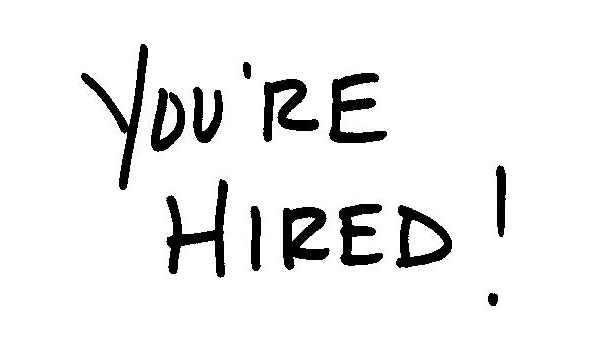Crenshaw Communications, a New York-based public relations agency specializing in B2B technology PR, is seeking an Assistant Account Executive (AAE) to join our dynamic B2B technology team. This is an opportunity to work with well-known B2B tech companies in industries like adtech, martech, cyber security, enterprise SaaS, artificial intelligence, retail tech, etc.
Assistant Account Executives are junior members of our staff that hold responsibility for foundational client service activities, such as research and administration. Assistant Account Executives are client and media-facing, learning to interact with key stakeholders with guidance from senior staff. Assistant Account Executives play an important role in keeping teams organized, tracking activity status, recapping outcomes of meetings, tracking coverage and monitoring social conversations of clients and competitors and the industry. They typically have some PR experience – internship, part-time or full-time – in an agency setting or as an in-house comms or marketing team member.
**This can be a remote position – you do not have to be located in New York!**
Here’s what you’ll be doing:
-Assist the group and all supervising account members in development and maintenance of media lists
-Create and distribute press releases to targeted media outlets
-Build relationships with key members of media and proactively pitch targeted outlets, including broadcast, print and new media
-Write and edit media materials, including media alerts, fact sheets, bios, and case studies
-Daily client communication to update, report on and discuss media relations
-Responsible for daily account management activities, such as agendas, recaps, activity reports, media monitoring and coordination of all necessary materials for client accounts
-Attend and facilitate media interviews; network with reporters and editors
-Assist in the research, writing and development of new business proposals and presentations
-Participate in brainstorming sessions to develop strategic/creative thinking for clients
-Work collaboratively with team members to develop and implement successful PR campaigns
-Respond in a timely and professional manner to client requests or needs
-Misc. research, duties and projects as required
Here’s what you have:
-Excellent written and verbal skills
-Undergraduate degree or equivalent ideally in the field of PR, Communications, Marketing, Business or Journalism
-Previous experience working in a PR agency
-Creative and energetic personality!
Why you’ll love working here:
-Top award-winning B2B tech PR agency
-Competitive compensation, a comprehensive benefits package, 401(K), and a fantastic vacation policy
-Diverse range of clients
Perks include:
-Flexible work-from-home policy
-Summer Fridays
-Thursday team-building sessions/events
-Tight-knit team culture with regular outings
-Creative and collaborative environment that emphasizes your personal growth
Please apply here: https://bit.ly/3eKK0Q2
Crenshaw Communications is committed to creating a diverse environment and is proud to be an equal opportunity employer. All qualified applicants will receive consideration for employment without regard to race, color, religion, gender, gender identity or expression, sexual orientation, national origin, genetics, disability, age, or veteran status.



